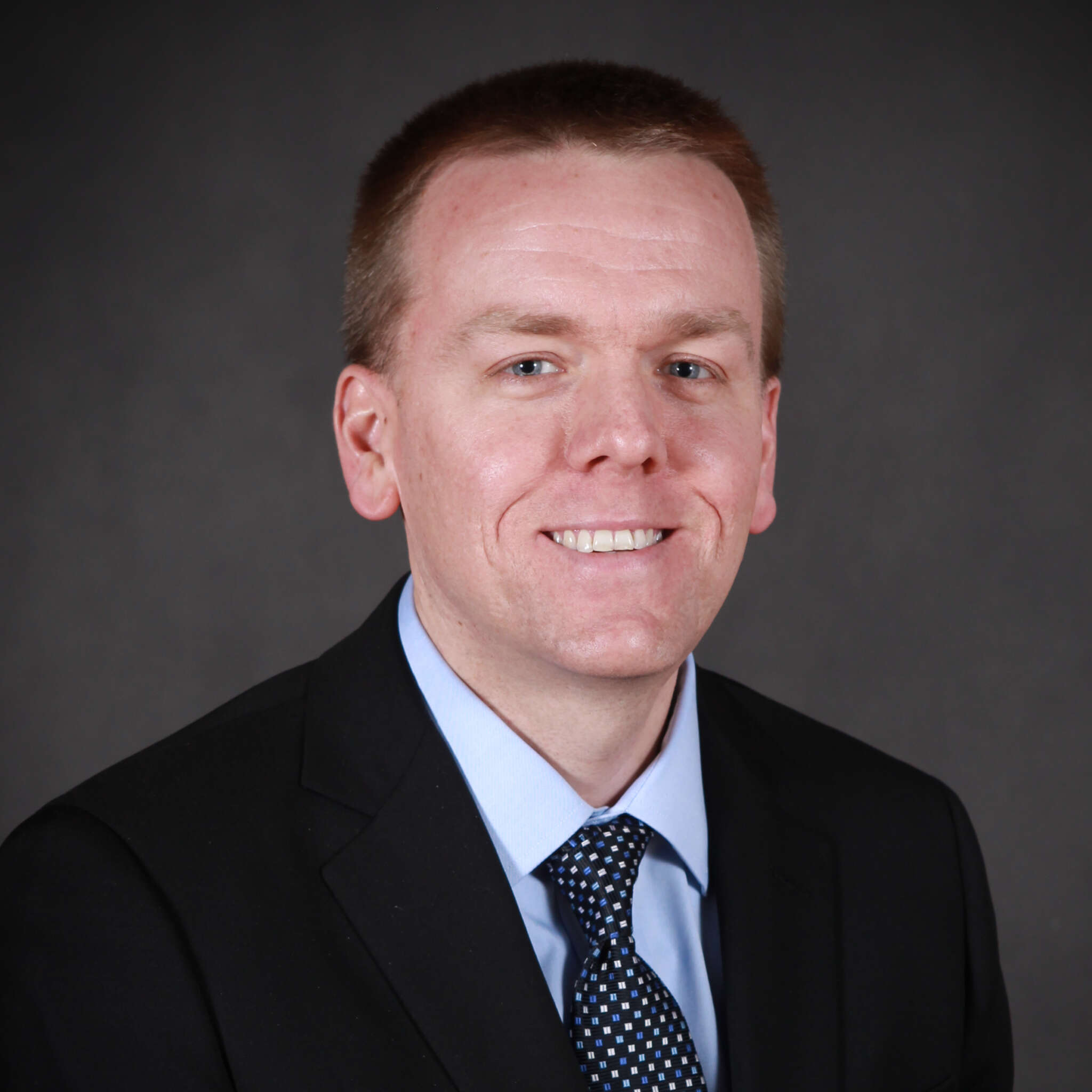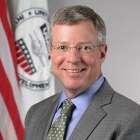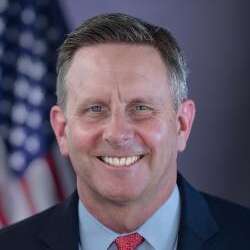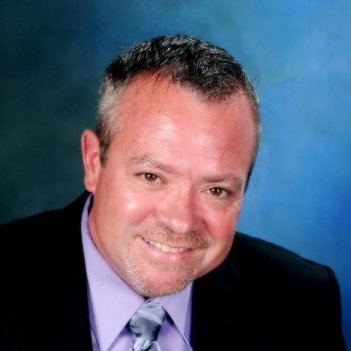Hubbard Radio Washington DC, LLC. All rights reserved. This website is not intended for users located within the European Economic Area.
On Air: Federal News Network
Agencies crave new technology ‘for HR, not to HR’
November 4, 2021
In this exclusive webinar, executives from the Federal Reserve System and Workday will discuss best practices for modernizing human capital systems.
Date: On Demand
Duration: 1 hour
Cost: No Fee
Federal agencies are at different stages of their HR modernization journeys, but in many ways, their challenges are quite similar.
They’re juggling several moving parts and multiple modernization efforts – all in an effort to bring the tools that their employees use to process everyday HR transactions into the 21st century.
The State Department had no problem convincing top leaders that it needed to devote serious time and resources into modernizing its human capital systems.
“HR and IT both ranked at the very bottom of the department with our service delivery and customer service technology. There wasn’t any problem whatsoever at convincing anybody that we needed to do something different,” said Don Bauer, chief technology officer for global talent management at the State Department. “The next step, of course, was really introducing some technology that people felt like was going to meet their values… and was actually going to improve business processes.”
Both State and the U.S. Agency for International Development are deploying or already have rolled out new employee portals.
USAID is dabbling in robotics process automation, which has already saved 1,000 employee labor hours within the first few months of a test pilot, Bob Leavitt, the agency’s chief human capital officer, said.
The Securities and Exchange Commission has deployed new performance management and case management systems, and it too is implementing and updating an employee portal with a ticketing system, where the workforce can submit inquiries and requests.
“I joke with my team sometimes that we have a lot of catch up to do,” Jamey McNamara, SEC’s chief human capital officer, said. “Sometimes I say, ‘Congratulations, we’ve made it to 2010, or we’ve made it to 2005.’ We’re high-fiving each other because we’re really pleased that in the year 2017 we’ve taken this step. But that’s OK. We have to do what we can do within financial constraints. We are trying to adopt cutting-edge technology wherever we can… and our staff really demand that.”
Some employees are craving change, but others may be resistant, Wayne Bobby, vice president for Workday Federal, acknowledged.
Organizations succeed when they inform the workforce about upcoming changes early and often, solicit feedback and give employees a chance to embrace the new tools, Bobby said.
“A lot studies show that people who come into a new process kicking and screaming, after four to six months, find that process isn’t that bad after all, and they would never go back to doing it the old way anymore,” he said. “You have to let that change play out.”
Learning objectives:
- The intersection of IT and HR
- Modernization strategies for HR
- Change management
This program is sponsored by 
Complimentary Registration
Please register using the form on this page or call (202) 895-5023.
By providing your contact information to us, you agree: (i) to receive promotional and/or news alerts via email from Federal News Network and our third party partners, (ii) that we may share your information with our third party partners who provide products and services that may be of interest to you and (iii) that you are not located within the European Economic Area.
Please register using the form on this page.
Have questions or need help? Visit our Q&A page for answers to common questions or to reach a member of our team.
Speakers

Don Anderson
Senior Vice President, Transformation Executive, Federal Reserve System

Wayne Bobby
Vice President, U.S. Federal Government, Workday

Bob Leavitt
Chief Human Capital Officer, U.S. Agency for International Development

Jamey McNamara
Chief Human Capital Officer, Securities and Exchange Commission

Donald Bauer
Chief Technology Officer, Global Talent Management, U.S. Department of State

Nicole Ogrysko
Reporter, Federal News Network
By providing your contact information to us, you agree: (i) to receive promotional and/or news alerts via email from Federal News Network and our third party partners, (ii) that we may share your information with our third party partners who provide products and services that may be of interest to you and (iii) that you are not located within the European Economic Area.
